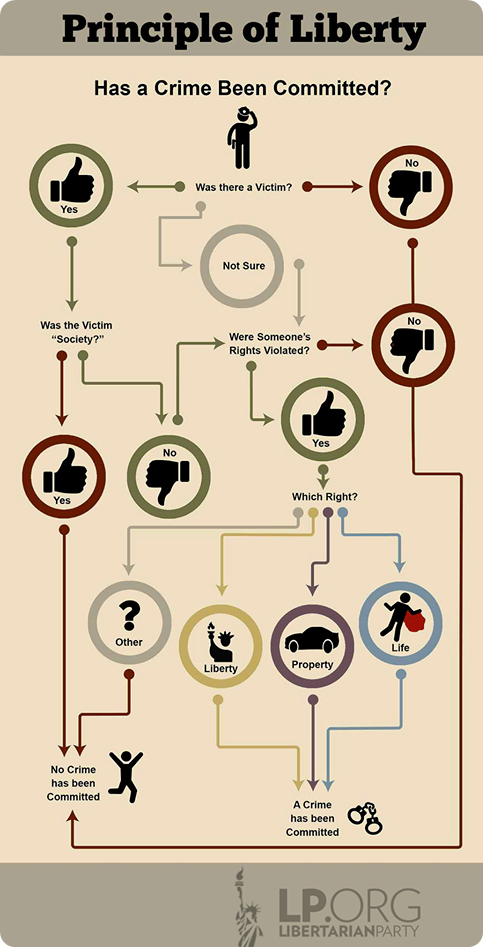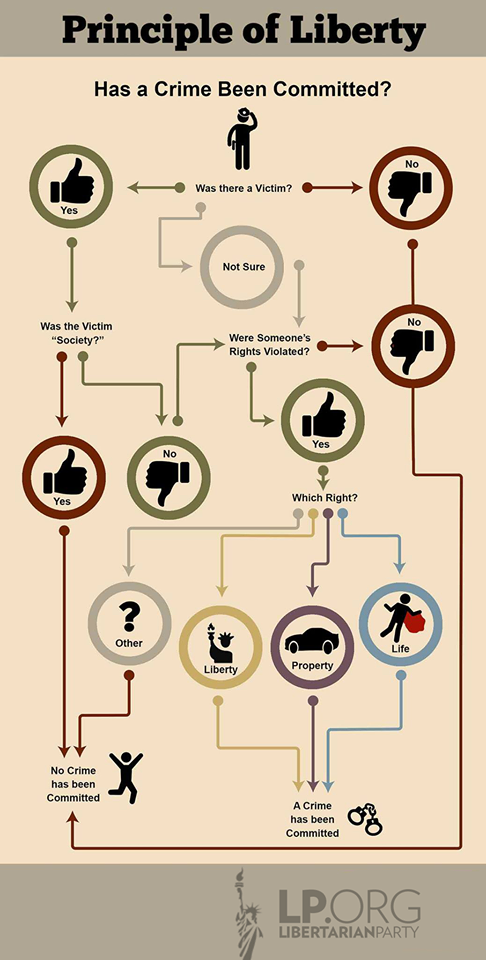MaggieD
DP Veteran
- Joined
- Jul 9, 2010
- Messages
- 43,244
- Reaction score
- 44,664
- Location
- Chicago Area
- Gender
- Female
- Political Leaning
- Moderate
It's really a long story because the trial lasted a week. I was there every day, but the jury was not there for one day, and testimony was given that day that the jury was never allowed to hear.
A young man, a juvenile at the time, shot both his parents in the kitchen on a Sunday morning. He left the house in that rural part of the county, flagged down the first deputy he saw, climbed in the back seat of the squad car and spilled his guts to the deputy. He could not wait to tell his sordid story to somebody, and it was a most sordid story. He did take the stand, and it was brutal to hear.
He had been sodomized by his father since an early age. Eventually he shared that with his mother and begged for her intervention. She rejected him, and told him to not talk about it. Secrets to be kept she said. The mother was a twin, and had at least one other sister. It turns out all the sisters had begged her not to marry the man. It turns out the sisters scraped together and hired the attorneys to represent the boy.
IMO the jury was quite sympathetic to the defense case. The prosecutor was an asshole, and the boy's testimony was heart-rending. In the end, because the judge would not allow the jury to hear corroborating evidence, the jury convicted the boy.
You’re right. A gross miscarriage of justice if the facts are as you present them here. (I have to add that caveat or others will pounce.



